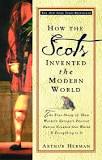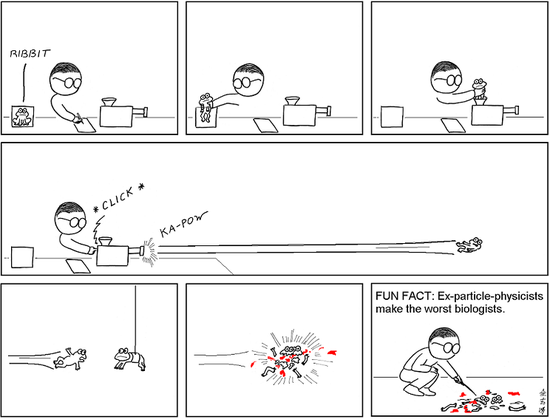This song came around on my mp3 player and I could not remember the last time I heard it, but I used to like it a lot. I swear I blogged about it before, but I was unable to find any entry about it, so I will blog about it now.
It has an ecological message – a bit naive, in my opinion. But the entire Re album by Café Tacuba is one of my favorite albums – a masterpiece – and the lyrics are always deep, symbolic, and layered in meanings. Note, for example that the rebellious engineer in this song is named Salvador (AKA Christ). Because this is a Café Tacuba song, that is not an idle reference.
Anyway, it is a great song from a great album.
What I am listening to right now.
Café Tacuba, "Trópico de Cáncer."
Letra.
Cómo es que te vas Salvador
de la compañía si todavía hay mucho verdor?
Si el progreso es nuestro oficio
y aun queda por ahí mucho indio
que no sabe lo que es vivir en una ciudad…
como la gente.
Que no ves que eres un puente
entre el salvajismo y el modernismo.
Salvador el ingeniero,
Salvador de la humanidad.
Está muy bien lo que tu piensas
pero por qué no,
tú te acuerdas
que la nuestra es una civilización muy avanzada…
Como dice la gente.
Que no ves que nuestra mente
no debe tomar en cuenta:
ecologistas, indigenistas,
retrogradistas, y humanistas.
Ay, mis ingenieros
civiles y asociados,
no crean que no me duele
irme de su lado,
pero es que yo pienso
que ha llegado el tiempo
de darle lugar
a los espacios sin cemento.
Por eso yo ya me voy.
No quiero tener nada que ver
con esa fea relación de acción,
Construcción,
Destrucción,
Ahha.
Cómo es que te vas Salvador
de la compañía si todavía hay mucho verdor?
Ay, mis compañeros petroleros mexicanos,
no crean que no extraño el olor a óleo puro.
Pero es que yo pienso que nosotros los humanos,
no necesitamos
más hidrocarburos.
Por eso yo ya me voy.
No quiero tener nada que ver
Con esa fea relación de acción,
Construcción,
Destrucción,
Ahha.
Por eso yo ya me voy.
No quiero tener nada que ver…
Por eso yo ya me voy.
No quiero tener nada que ver…
[daily log: walking, 5 km]






